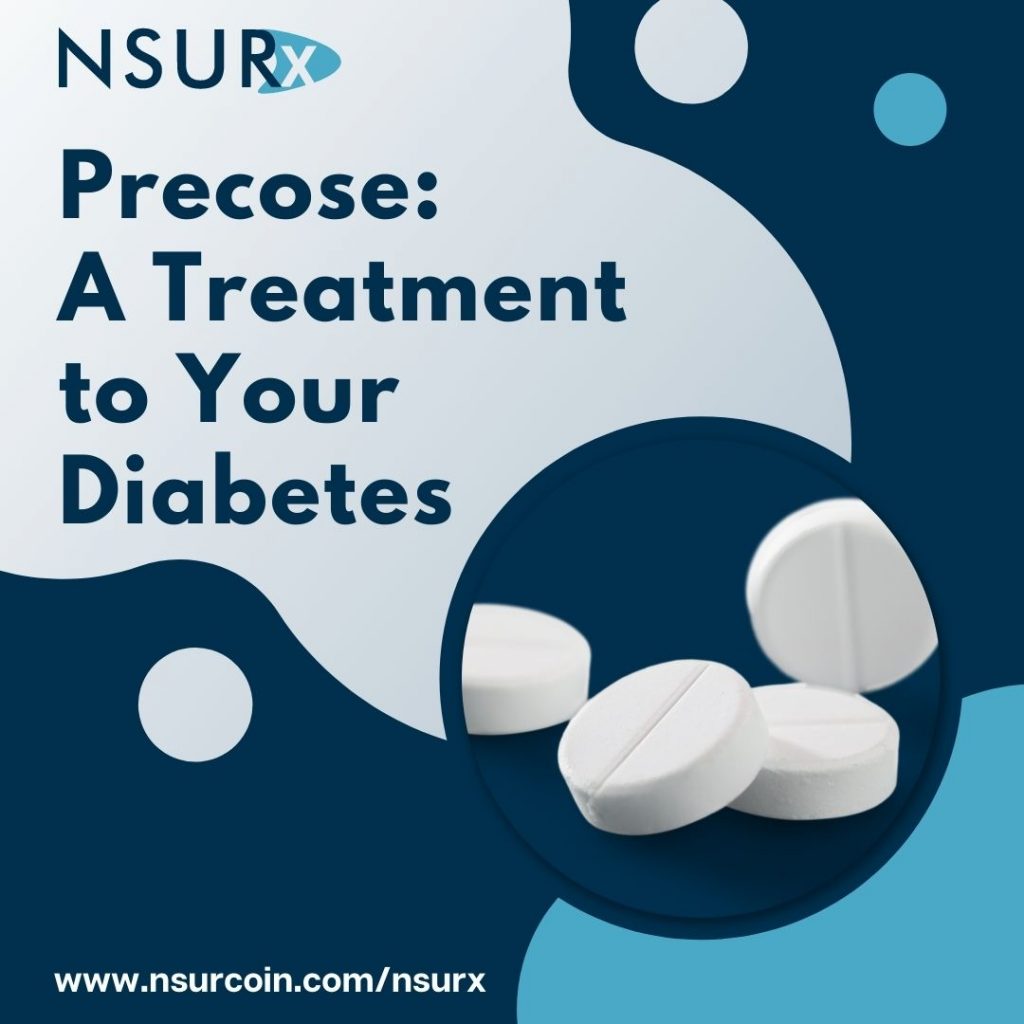
In the ever-evolving world of mental health treatment, Citalopram has emerged as a notable player. As part of the Selective Serotonin Reuptake Inhibitor (SSRI) family, it’s been a beacon of hope for many grappling with various mental health challenges. Today, we’re delving deep into the world of Citalopram, unraveling its intricacies, benefits, and considerations.
Understanding Citalopram and SSRI
The Basics of SSRIs
SSRIs, or Selective Serotonin Reuptake Inhibitors, are a class of drugs widely used in treating depression, anxiety disorders, and some other mental health conditions. They work by increasing the levels of serotonin, a neurotransmitter, in the brain. Serotonin is key in mood regulation, and its increased availability is thought to improve mood and reduce symptoms of depression.
Citalopram’s Role
Citalopram, marketed under various brand names, is one of the more popular SSRIs. It’s known for its efficacy in treating major depression, panic disorder, and sometimes, obsessive-compulsive disorder (OCD). It stands out for its balance of effectiveness and tolerability, making it a go-to option for many healthcare providers.
The Benefits of Citalopram
Efficacy in Treating Depression
Clinical studies have shown that Citalopram can significantly reduce the symptoms of major depressive disorder. Patients often report an improvement in mood, increased energy levels, and a reduction in feelings of anxiety and restlessness.
Anxiety and Beyond
Besides depression, Citalopram has been effective in managing various anxiety disorders. This includes generalized anxiety disorder (GAD), social anxiety, and panic disorder, offering a broader spectrum of therapeutic effects.
Managing Side Effects
Common Side Effects
Like any medication, Citalopram comes with potential side effects. The most common include nausea, dry mouth, sleep disturbances, fatigue, and increased sweating. It’s important to note that these side effects are often mild and tend to diminish over time.
Serious Concerns
While rare, there are serious side effects to be aware of, such as serotonin syndrome, a condition caused by excessive levels of serotonin. Symptoms include high fever, agitation, increased heart rate, and confusion. If these occur, immediate medical attention is required.
Citalopram: Usage and Dosage
Starting Doses
The typical starting dose for adults with depression is 20 mg per day, which can be adjusted based on individual response and tolerance. It’s crucial to follow the healthcare provider’s instructions closely.
The Importance of Consistency
Consistency is key in the effectiveness of Citalopram. It may take several weeks to notice an improvement in symptoms, and it’s important not to discontinue the medication abruptly as this can lead to withdrawal symptoms.
Special Considerations
Pregnancy and Breastfeeding
Citalopram should be used during pregnancy and breastfeeding only if the potential benefit justifies the potential risk. It’s vital to discuss this with a healthcare provider.
Interactions with Other Medications
Citalopram can interact with other medications, including other antidepressants, certain pain medications, and herbal supplements like St. John’s Wort. Always inform your healthcare provider about all medications and supplements you’re taking.
Take advantage of NSURx for your prescription drugs!
With the NSURx Prescription Benefit Card, you can save money on your medications at more than 35,000 pharmacies across the United States.
You can save up to 80% on your medication by using an NSURx card. Hundreds of dollars in savings could be yours every time you fill out your prescription.
The more you shop with NSURx, the more NSUR Coins you will receive as a reward.
Conclusion
Citalopram, as an SSRI, offers a beacon of hope for many struggling with mental health conditions. While it’s not without its side effects and considerations, its efficacy in treating a range of disorders makes it a valuable tool in the mental health arsenal. As always, open dialogue with your healthcare provider is essential to ensure the safe and effective use of Citalopram.
Disclaimer
This blog post is intended for informational purposes only and should not be considered a substitute for professional medical advice. Always consult with a qualified healthcare provider for personalized recommendations and guidance.











